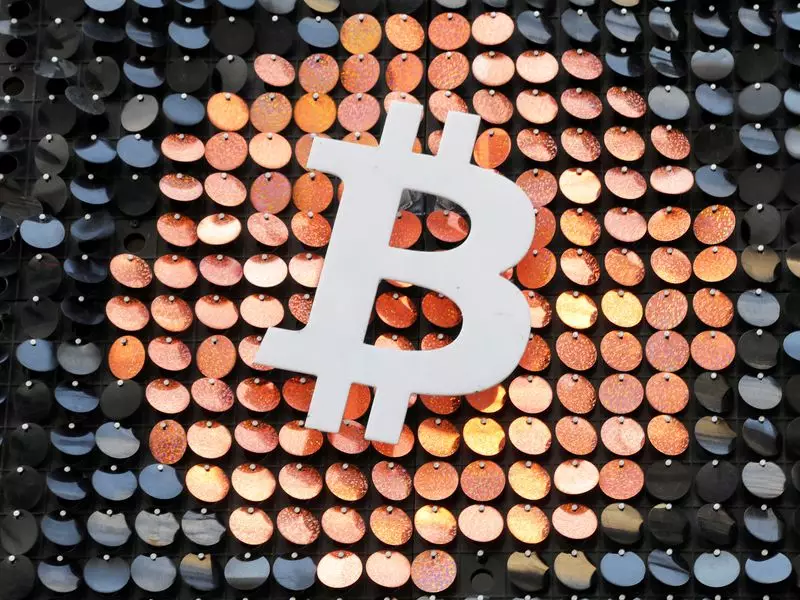Bitcoin’s recent downturn has captured the attention of investors and analysts alike, marking a significant shift in momentum after its record highs earlier in the week. Following a stunning rise to an all-time high of $108,244.9, the largest cryptocurrency has now seen consistent declines, culminating in a 3.7% drop to $97,002.0. This retreat can largely be attributed to the Federal Reserve’s more hawkish monetary policy, which has imposed additional pressures on speculative assets like Bitcoin. Investors have responded to the Fed’s indication of a slower pace of interest rate cuts in 2025 by taking profits, leading to a broader sell-off across the cryptocurrency market.
The Federal Reserve’s announcements, especially the shift from expectations of four interest rate cuts to just two in 2025, have raised concerns. Among the many implications is the reduced liquidity in the market, which dissuades risk-taking behavior that typically favors cryptocurrencies. By signaling a commitment to tighter monetary policy, the Fed has cast a shadow over Bitcoin’s attractiveness as an investment. This is further compounded by remarks from Fed Chair Jerome Powell, who reaffirmed that the central bank does not plan to hoard Bitcoin, quelling the enthusiasm for a potential Strategic Bitcoin Reserve that enthusiasts had speculated about following comments from political figures.
El Salvador’s Complicated Relationship with Bitcoin
The situation is particularly poignant for El Salvador, which has banked heavily on Bitcoin since its adoption as legal tender. President Nayib Bukele’s administration has signaled its intent to continue purchasing Bitcoin, propelled by a new financing agreement with the International Monetary Fund (IMF). However, the country has faced significant backlash from international financial institutions, prompting a rethink of its ambitious plans which included issuing bonds backed by Bitcoin holdings. The IMF has recommended a reduction in Bitcoin dependency, indicating that the government’s prior Bitcoin-centric approach has hindered its access to traditional financial markets. Despite this, El Salvador is seeing an increase in its Bitcoin value due to the crypto’s latest surge, creating a paradoxical situation.
The wider cryptocurrency market has not been exempt from the turmoil. With Bitcoin’s decline, altcoins have suffered even more significant losses. Ether, the second-largest cryptocurrency, faced a severe reduction of 7.5% over four consecutive days, reflecting an almost 15% drop since the recent peak. Other altcoins like XRP, Solana, and Polygon also shared in the downtrend, with substantial percentage losses compounding the uncertainty in the market. Meme tokens like Dogecoin experienced an even steeper collapse, underscoring how fiercely the bearish sentiment is gripping cryptocurrency investors.
Despite these challenges, Bitcoin’s complex interplay with macroeconomic conditions and the responses from governmental authorities continue to shape its narrative. Investors are now urged to navigate these turbulent waters with caution, considering the evolving financial landscape and its implications for cryptocurrency’s future.

